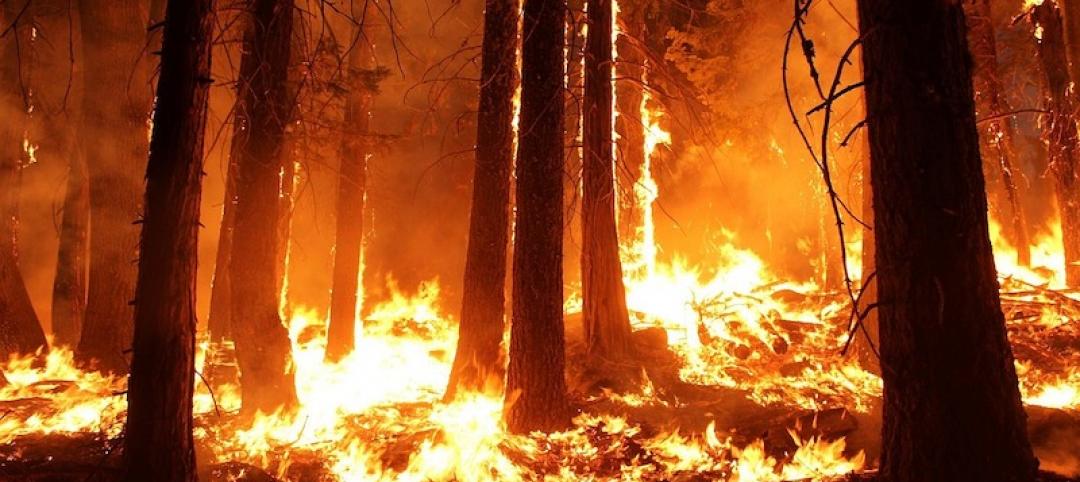Commercial property owners should commit to greenhouse gas (GHG) reduction—a strategy that reaps financial benefits and prevents buildings from becoming stranded assets, according to an energy efficiency consultant writing in GlobeSt.
A systematic drive to reduce emissions across the portfolio will garner savings on energy and water, as well as on levies for exceeding carbon emissions standards enacted by local governments. Decarbonization can avoid “stranded assets … properties that will be exposed to the risk of early economic obsolescence due to climate change because they will not meet future regulatory efficiency standards or market expectations.”
The first step is to set minimum standards for the entire portfolio and efficiency goals for individual properties. Portfolio standards could be performance based (e.g., 10% reduction of all assets by 2030), or prescriptive based (e.g., 100% LED lighting at all assets by 2025).
An energy and water audit, a comprehensive analysis of the property’s energy and water consumption using the ASHRAE Energy Audit Standards, should be conducted at each site. The audit measures energy and water usage, identifies property conditions that may cause excessive use, and provides efficiency measures to improve energy and water efficiency.
Other GHG reduction measures include building automation and controls, retro-commissioning, sourcing green energy from utilities, fully electrifying buildings, and integrating renewable energy systems into the property.
Related Stories
Codes and Standards | Nov 17, 2020
Midtown Manhattan’s empty offices could be converted to affordable housing
Advocates envision idle offices re-zoned to alleviate housing crisis.
Codes and Standards | Nov 16, 2020
New concrete detailing manual includes downloadable CAD files
American Concrete Institute document contains guidance on codes for structural concrete.
Codes and Standards | Nov 12, 2020
California rent control measure defeated
Golden State voters reject Proposition 21.
Codes and Standards | Nov 11, 2020
NY court ruling makes it easier for condo boards to sue investors for construction defects
Investors would be tapped for damages on such cases.
Codes and Standards | Nov 10, 2020
Researchers and industry leaders will form national institute for AI in construction
Goal is to identify high-impact areas for application in design and construction.
Codes and Standards | Nov 6, 2020
Jobsite injuries in New York City decline 20% since 2017
Safety training cited as a cause of improvement.
Codes and Standards | Nov 4, 2020
Commercial building owners having tougher time securing insurance policies and renewals
Insurers’ fears of civil unrest in wake of election prompt builder’s risk coverage moratoriums.
Codes and Standards | Nov 4, 2020
Turn rooftops into revenue generators with solar arrays
Lease or ownership models for PVs make more sense than ever.
Codes and Standards | Nov 3, 2020
The argument against gas stoves includes degraded indoor air quality
Asthma seems to be aggravated by cooking with flame.
Codes and Standards | Nov 2, 2020
Wildfires can make drinking water toxic
Updated building codes could mitigate the danger.

















